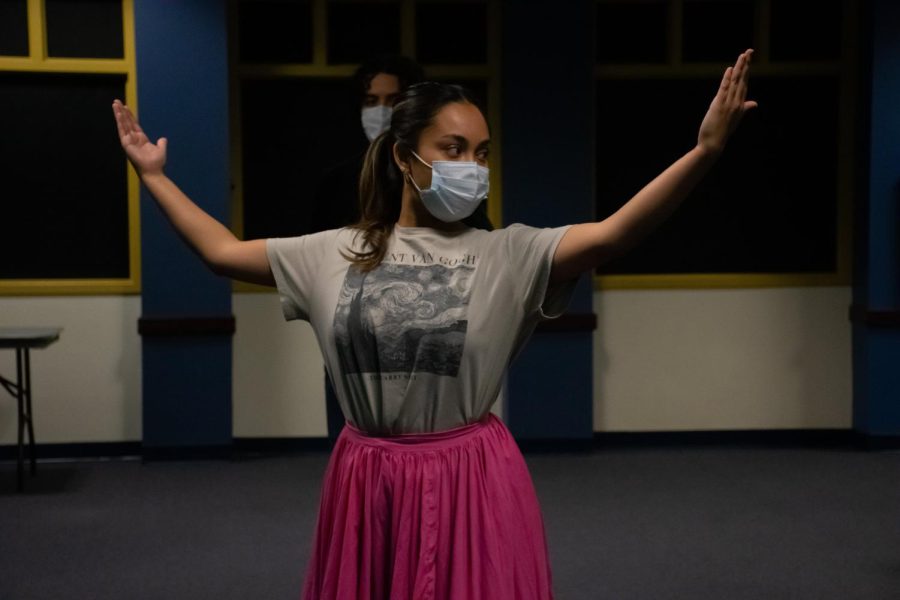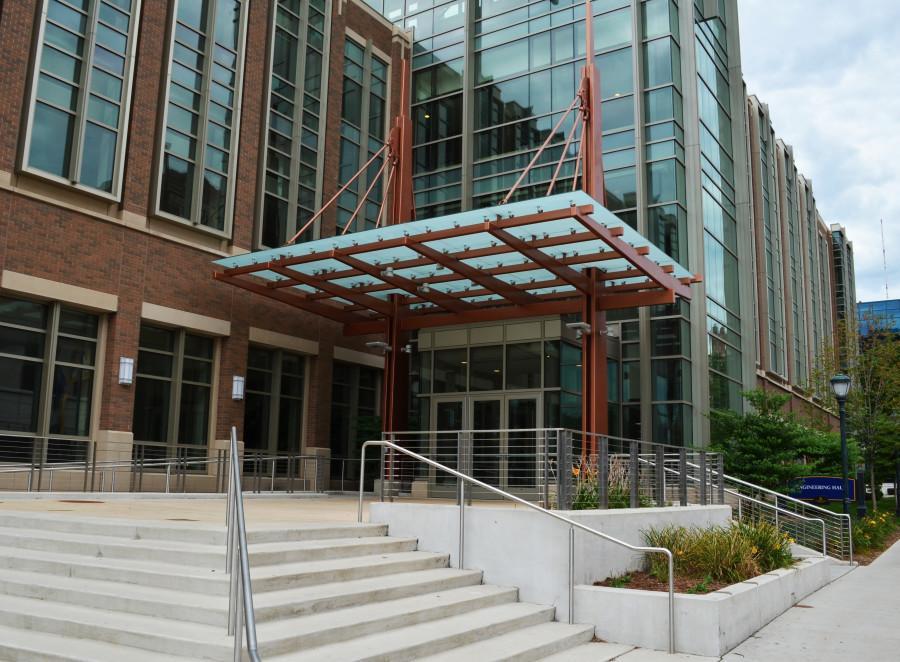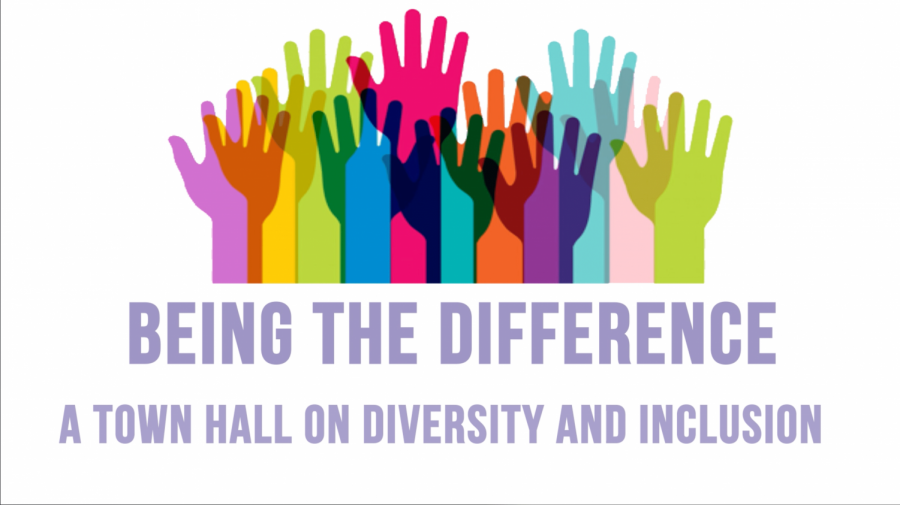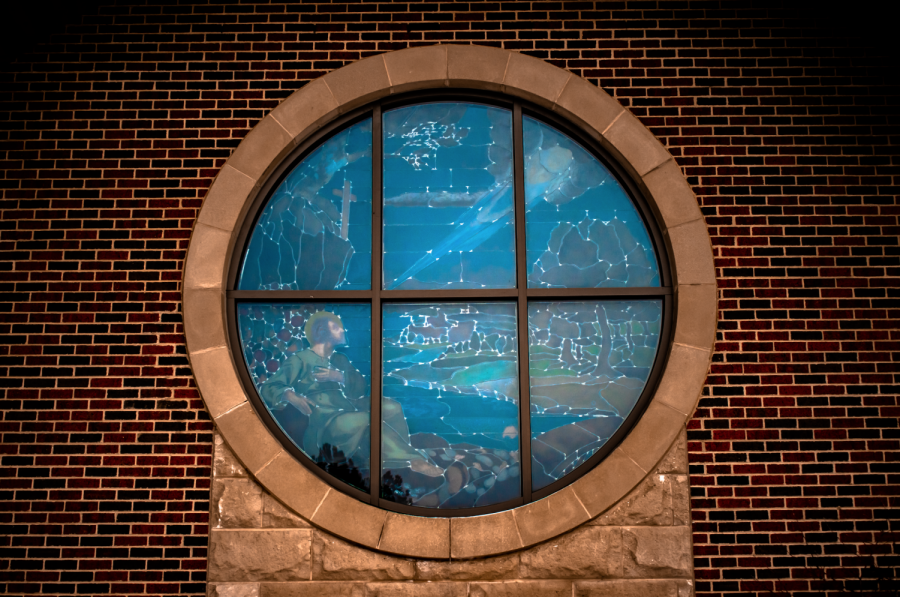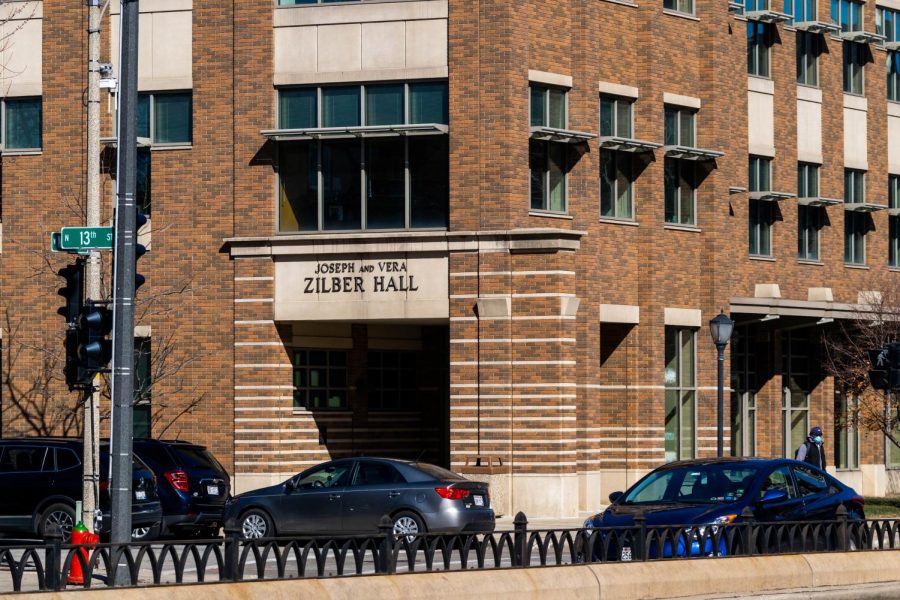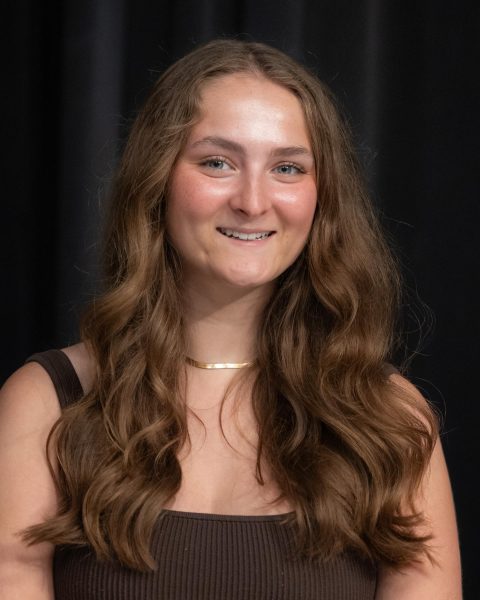Marquette University has earned an “emerging HSI” status designation since 15.4% of undergraduate students are Hispanic/Latinx.
A Hispanic-Serving Institution is a federal classification decided by the Higher Education Act. To become a HSI, it is required the institution be a two or four year certified college, have a certain percentage of students be low-income and have at least 25% of full-time undergraduate students identify as Hispanic. Once the institution meets this criteria and meets HSI status, they can apply for federal Title V funding.
On Marquette’s Diversity and Inclusion webpage they state that although they will be able to apply for this funding once they become a HSI, that isn’t why they decided to achieve HSI status.
“These funds foster the general development of the university and can be used for a wide range of things to benefit all students, including educational materials, improved facilities, faculty development, tutoring or counseling programs and other student support services,” the Marquette Diversity and Inclusion webpage said.
Over the past 10 years at Marquette, Latinx undergraduate enrollment has doubled.
In 2016, Marquette first announced that it would aim to become a Hispanic-Serving Institution; Hispanic/Latinx undergraduate enrollment was at 9.7% at this time.
To become an HSI, 25% of the undergraduate population at Marquette would have to identify as Hispanic, and half of those students would have to be low-income.
Low-income students are generally classified by their annual income and family size. To be recognized as a low-income student by the federal government, one’s family’s taxable income would not surpass 150% of the poverty level amount.
15% is required to achieve emerging status.
Although there is no federal definition of “emerging HSI status,” Excelencia in Education defines it as “institutions with an undergraduate FTE Hispanic enrollment between 15 and 24 percent. While emerging HSIs do not have the critical mass of Latinx student enrollment required to meet the definition of an HSI, these institutions may soon meet the criteria as their enrollment grows and Latinx representation increases.”
In 2021, first-year students accounted for 18% of Hispanic/Latinx students at Marquette. This helped increase Hispanic/Latinx enrollment, and ultimately pushed Marquette over the 15% threshold.
“This is an exciting milestone that demonstrates the progress we are making with the initiatives put in place to attract and retain Latinx students at Marquette University,” Provost Kimo Ah Yun said in a statement. “We have made an ambitious commitment to serve one of the fastest-growing segments of the population. Achieving ’emerging HSI’ status is one step on that path.”
Julia Basurto-Gutierrez, a junior in the College of Engineering and co-president of Marquette’s Latin American Student Organization, said she believes Marquette is attempting to become a more inclusive campus. She said although the university is on the correct path, Basurto-Gutierrez said she hopes Marquette continues to host opportunities that allow all students to find their place on campus.
“Diversity at the university level is important … with Marquette declaring emerging HSI status, they are making a decision to focus on its students that are a minority,” Basurto-Gutierrez said in an email.
In the 2020-21 academic year, Marquette granted Latinx students $33 million in financial aid.
The university also raised more than $250,000 for the Ellacuria Scholarship, which goes to undocumented students, and $30,000 for Hispanic Professionals of Greater Milwaukee scholarships.
Clarissa Martinez, a senior in the College of Arts & Sciences and member of the Sigma Lambda Gamma National Sorority, said it was upsetting when Marquette announced it was going to put becoming an HSI on the “backburner” when the COVID-19 pandemic hit.
“It’s nice to see them turn back around right away even though we’re in the midst of COVID-19, I see that they didn’t give up in those efforts,” Martinez said.
Provost Ah Yun said Sept. 29, 2020 that becoming an HSI would not be a part of Marquette’s strategic plan, Beyond Boundaries.
“Marquette I am sure lost a lot of enrollment the past couple years because of the pandemic, so I do not mind they took a ‘pause’ in their process,” David Castillo, a senior in the College of Engineering and president of the Society of Hispanic Professional Engineers said. “I think it’s more about where we are now, and that Marquette only had a hiccup and did not stop completely.”
In 2021, Provost Ah Yun announced to Marquette in a letter to the campus community that they re-committed to becoming an HSI, and said “this endeavor is about making Marquette a more welcoming and inclusive space for all our diverse stakeholders.”
Basurto-Gutierrez said it’s important to recognize where Marquette is located. She said that many students have only been a part of a “Marquette bubble” and haven’t made an effort to go outside of that bubble.
“It is difficult to dedicate oneself to others, if one is unaware of the challenges that exist in the surrounding communities,” Basurto-Gutierrez said in an email. “In becoming an HSI, hopefully Marquette will encourage students to participate in the surrounding communities. Also, students will be more willing to participate throughout campus if they feel like their presence is appreciated/noticed.”
Basurto-Gutierrez also said that being a student at a predominantly white institution, minority students don’t feel like they’re being recognized or that their voice is being heard. She said by becoming a HSI, Marquette is allowing Hispanic/Latinx students to help make important decisions at the university level that will hopefully benefit them.
“An important part of choosing a college is that one wants to go to a college where opportunities will be plentiful. Hopefully, with Marquette working to become an HSI, incoming Hispanic/Latinx and other minority students will deem Marquette as a place full of opportunities for everyone,” Basurto-Gutierrez said in an email.
Castillo said becoming a HSI will help the culture at Marquette since it will draw people in from different backgrounds which will help students find a community on campus.
“As a freshman, I was worried about how my culture as a Mexican would fit in at my dorm or even at Marquette. But I feel with more Hispanics at Marquette, freshmen now do not have to worry about such an issue because there are more of us,” Castillo said in an email.
Martinez said in order for Latinx/Hispanic students to succeed, we need to recognize many students are originating from a place where they may be the first student attending college in their family.
Martinez also said in becoming an HSI, Marquette is taking a step to recognize the needs within the Hispanic/Latinx community.
“In order to push Spanish students and students of color in general, there has to be that support system, because it’s not always coming from home,” Martinez said.
This story was written by Julia Abuzzahab. She can be reached at julianna.abuzzahab@marquette.edu


